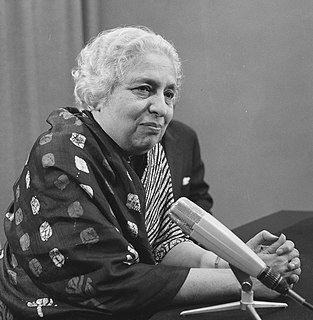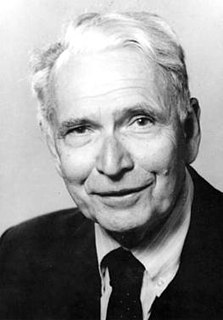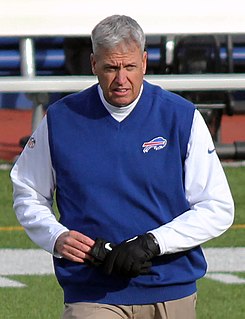A Quote by Vijaya Lakshmi Pandit
Difficulties, opposition, criticism-these things are meant to be overcome, and there is a special joy in facing them and in coming out on top. It is only when there is nothing but praise that life loses its charm and I begin to wonder what I should do about it.
Related Quotes
We praise Thee, Lord, of all the earth, for love and joy, for light and mirth, for every charm of sense and right, and blessings boundless as Thy might.... But most we praise the love that gave thine own dear Son to seek and save, for joy all other joys excelling, for purest light and life indwelling.
Do you ever get moods when life seems absolutely meaningless? It's like a badly-constructed story, with all sorts of characters moving in and out who have nothing to do with the plot. And when somebody comes along that you think really has something to do with the plot, he suddenly drops out. After a while you begin to wonder what the story is about, and you feel that it's about nothing—just a jumble.
There is something about the Himalayas not possessed by the Alps, something unseen and unknown, a charm that pervades every hour spent among them, a mystery intriguing and disturbing. Confronted by them, a man loses his grasp of ordinary things, perceiving himself as immortal, an entity capable of outdistancing all changes, all decay, all life, all death.
A scientific autobiography belongs to a most awkward literary genre. If the difficulties facing a man trying to record his life are great - and few have overcome them successfully - they are compounded in the case of scientists, of whom many lead monotonous and uneventful lives and who, besides, often do not know how to write . . .
We were not having any fun, he had recently begun pointing out. I would take exception (didn't we do this, didn't we do that) but I had also known what he meant. He meant doing things not because we were expected to do them or had always done them or should do them but because we wanted to do them. He meant wanting. He meant living.
Man is more himself, man is more manlike, when Joy is the fundamental thing in him, and Grief the superficial. Melancholy should be an innocent interlude, a tender and fugitive state of mind; Praise should be the permanent pulsation of the soul. Pessimism is at best an emotional half-holiday; Joy is the uproarious labor by which all things live? Christianity satisfies suddenly and perfectly man's ancestral instinct for being the right way up; satisfies it supremely in this, that by its creed Joy becomes something gigantic, and Sadness something special and small.
The charm of Ronald Reagan is not just that he kept telling us screwy things, it was that he believed them all. No wonder we trusted him, he never lied to us. ... His stubbornness, even defiance, in the face of facts ('stupid things,' he once called them in a memorable slip) was nothing short of splendid. ... This is the man who proved that ignorance is no handicap to the presidency.








































